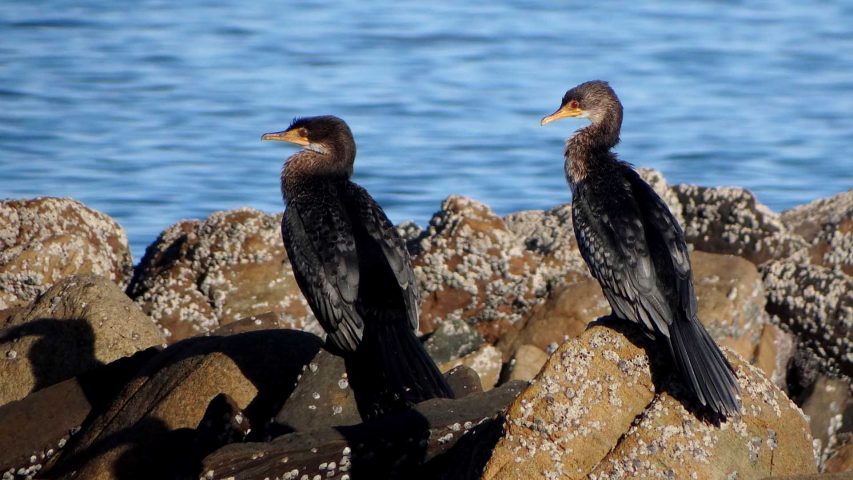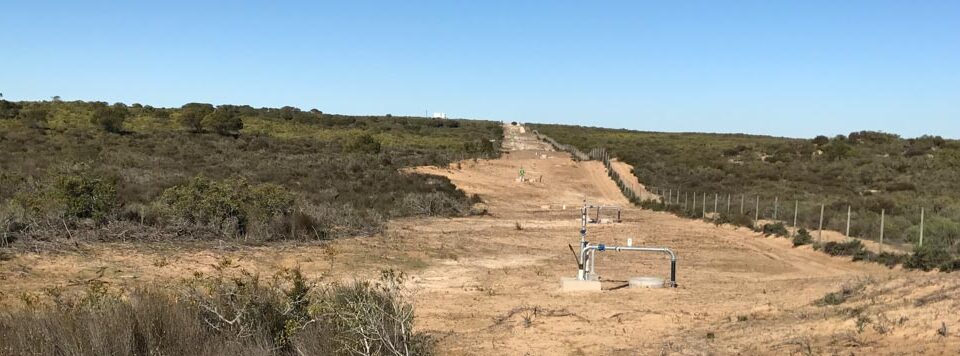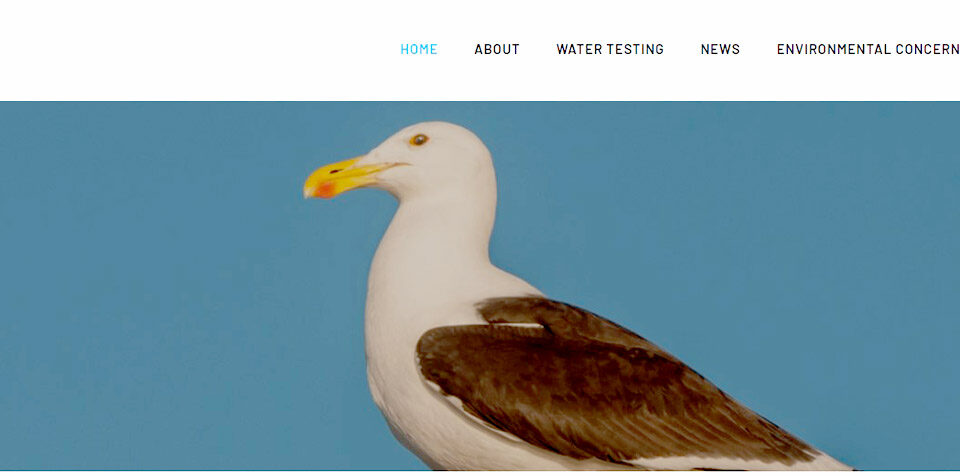
Western Cape authorities are responding to a suspected outbreak of Avian Influenza amongst wild seabirds in the Bergrivier Municipality on the West Coast as well as the Walker Bay area in the Overberg.
All disaster nodes have been alerted and Bergrivier Municipality, both the Overberg and West Coast District Municipalities and CapeNature have already deployed teams of officials to collect the dead and sick birds. Veterinarians are on scene assisting and officials are following advice provided by Veterinary Services in terms of how to manage the sick birds.
The Minister of Local Government, Environmental Affairs and Development Planning, Anton Bredell, is urging the public to avoid the area and in particular not to collect or touch sick or dead birds.
“It is critical to prevent the spread of the disease. This means people must not attempt to assist or transport any sick birds, even to take them to rehabilitation centres and veterinarians as this could spread the disease. It is critical to keep a controlled environment.”
At the moment, Bergrivier Municipality remains the hotspot area with reports of dead birds from Velddrif to Arniston. Neighbouring municipalities have been alerted and urged to be cautious and to keep an eye out for potential spreading of the disease. There are additional hotspots on Dyer island and Robben Island which are receiving attention. The Western Cape Disaster Management Centre is currently doing an assessment to determine if the outbreak constitutes a disaster or not.
“This is a serious situation. We note that the deaths are occurring currently amongst endangered wild birds including cormorants. Yesterday alone an estimated 1500 dead cormorants were collected in the region.”
The current virus strain was detected in wild birds in May 2021, mainly affecting gulls. The first cormorants were only diagnosed with the disease in mid-September and cases have increased rapidly over the past week.
“This is an incurable disease affecting birds, that is not preventative, cannot be treated and is highly contagious to birds,” says Bredell.
There is also currently no evidence that this virus poses any risk or threat to humans. However, humans can transmit the virus from sick birds to other birds if their clothes or hands gets contaminated. People are advised not to handle the birds at all unless it is absolutely unavoidable and in that instance to please use gloves and face masks.
The Disaster Management Centre urges the public to be vigilant and report unusual mortalities in any birds to their local municipality, conservation authority or state veterinarian. Contact details for state veterinarians are available at https://www.elsenburg.com/services-and-programmes/veterinary-services-0#s=Animal-Health-and-Disease-Control
Open Day 2021 Reminder
Please read all about how to book for our Open Day on 22nd October 2021




